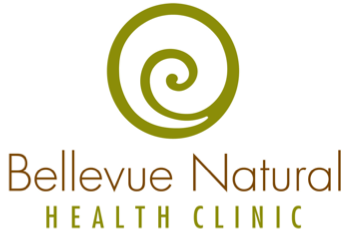Nobody enjoys a fever, even hayfever!
Spring is always a rejuvenating time of year. Getting outside, breathing in fresh air is invigorating and inspiring…unless that air is causing your nose to run, eyes to itch and oh those endless sneezing fits!
Allergies are when your body deems something, such as tree or grass pollen foreign. The mast cells then ‘explode’ and release histamine, which initiates the allergic response and leads to hay fever, asthma, or anaphylactoid reactions.
Treatment and prevention of allergies can be approached from a few different angles. The most common treatment is with an over-the-counter (OTC) antihistamine. Antihistamines are effective and often life-saving treatments that antagonize our histamine receptors. For those with severe allergies, having an antihistamine on them in case of a reaction is necessary. But what can you do to try and prevent allergies?
Traditional treatments are often based on skin scratch tests, typically done by an Allergist. What this involves is poking the surface of the skin with a small amount of the allergen and seeing if the body responds. A hive, or mosquito bite like bump, is indicative of an allergy. What is offered then is a treatment plan based on allergy avoidance, antihistamines, and possible allergy shots. Allergy shots are intended to desensitize the person to the allergy, making their subsequent exposures less severe or nonexistent. They are a small, controlled amount of allergen that is given intramuscularly.
There are many alternatives to antihistamines. From a naturopathic medicine perspective, your ND will want to identify what you are allergic to, and form a treatment plan on stabilizing and restoring the immune response. While skin scratch tests are great for the immediate hypersensitivity, or IgE, reaction, there is a significant portion of the immune system that lines our digestive track. Gut-Associated-Lymphoid Tissue (GALT) is a critical part of the allergic response and must be considered in treating allergies. Measuring the immune response associated with our gut is more difficult and is typically done through a blood test.
Some people think that their digestive health is fine, but yet they suffer from hay fever. Sometimes it is possible to have a cross reaction to a food. That means that if you are allergic to grasses, you could potentially be allergic to a food that is from the same or similar plant family. It is often referred to as Oral Allergy Syndrome.
How to minimize the reactions:
1) Identify allergies
2) Avoid, or decrease exposures to allergens
3) Vitamin C with bioflavonoids: 1g three times per day
3) Omega-3: 1.5g, with food, twice daily.
4) Probiotics: take in the evening, or at bedtime
Other options:
-Sublingual desensitization – oral drops placed under the tongue
-Herbal medicine with anti-inflammatory and anti-histamine actions
-Homeopathic remedies to relieve hayfever symptoms
-Homeopathic Allergy shots: Dr. Sara Kinnon recommends 1 x per week for general prevention. Injections can be increased or decreased in frequency as needed. Add a B12 boost to it and see your energy improve too!
Treatments are not limited to this, but instead are tailored to each patient’s needs.

